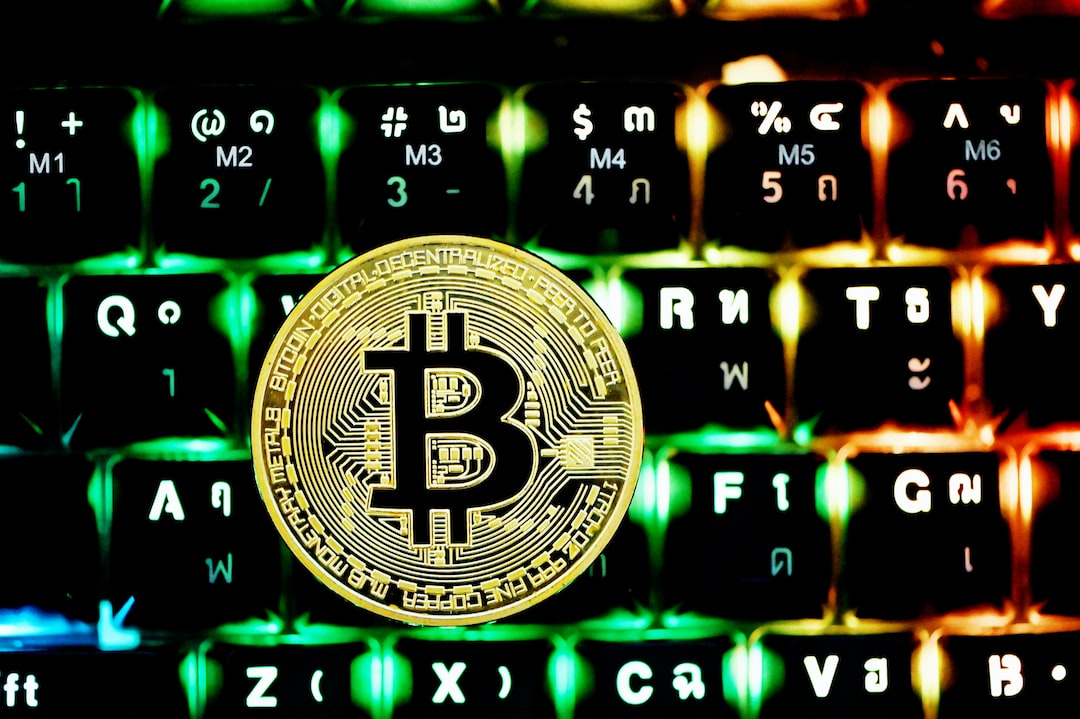House Republicans Push to Ban Intermediated CBDCs
House Republicans are making a renewed effort to ban central bank digital currencies (CBDCs), expanding the scope of the bill to include “intermediated CBDCs.” Representative Tom Emmer presented the Central Bank Digital Currency Anti-Surveillance State Act on September 12.
What are Intermediated CBDCs?
The revised bill now seeks to prohibit CBDCs that the general public would not interact with, focusing on “intermediated CBDCs.” These types of CBDCs primarily serve financial institutions and aim to improve distribution and transactions within the commercial banking sector. The initial legislation aimed to prevent the Federal Reserve from becoming a retail bank that collects personal data from Americans. It also required regular updates to Congress on CBDC developments.
Global Consideration of CBDCs
The Atlantic Council reports that nearly all nations, around 98%, are considering or implementing CBDCs in some form. Nigeria and China have already launched versions for public use, but Nigeria’s CBDC has seen limited adoption.
Controversies Surrounding CBDCs
CBDCs have faced criticism, especially from cryptocurrency proponents, due to concerns about privacy invasions and increased government surveillance. There is also debate surrounding the purpose of CBDCs and whether they are intended for greater governmental oversight. Previous statements by European Central Bank President Christine Lagarde about control over a digital euro sparked concerns, but the ECB later clarified that any European CBDC would not be programmable money. The UK has also stated that there will be no restrictions on using its digital pound.
Hot Take: Concerns and Progressions in the World of CBDCs
The renewed effort by House Republicans to ban intermediated CBDCs reflects ongoing debates about the purpose and potential risks of central bank digital currencies. While many countries are considering or implementing CBDCs, concerns about privacy and government surveillance persist. It is crucial for lawmakers to address these concerns and ensure that CBDCs are designed with transparency, security, and individual privacy in mind. As the world progresses towards a more digital financial landscape, finding the right balance between innovation and protection becomes increasingly important.





 By
By
 By
By

 By
By

 By
By